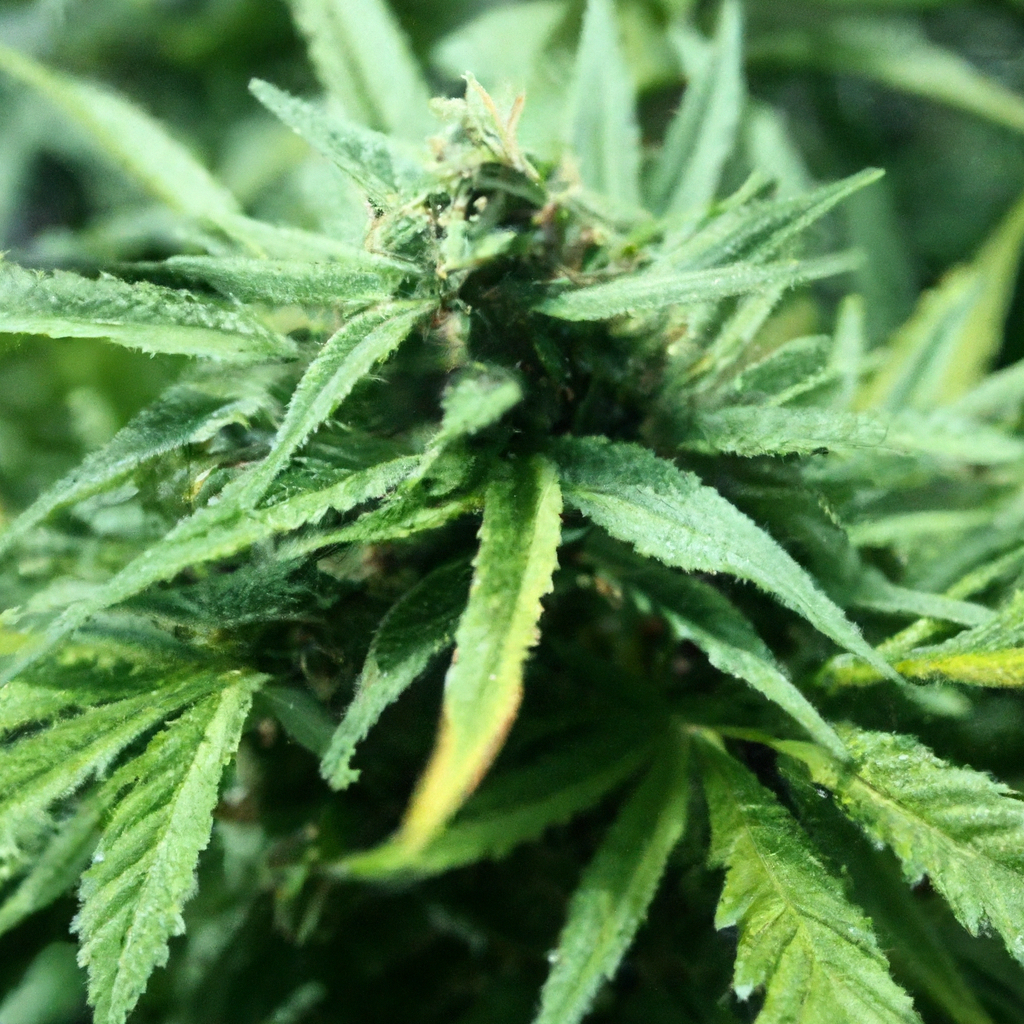Your cart is currently empty!
With the growing awareness of environmental sustainability and health consciousness, organic cannabis cultivation is gaining popularity among growers and consumers alike. This article explores the best practices for cultivating cannabis organically, highlighting natural fertilizers, composting, and sustainable pest control methods. We’ll delve into building healthy soil ecosystems and avoiding synthetic chemicals while promoting sustainability.
Natural Fertilizers: Building a Robust Foundation
Using natural fertilizers is crucial for organic cannabis cultivation. These fertilizers not only help in nourishing the plants but also enhance the overall soil health, leading to robust plant growth. Here are some natural fertilizer options:
- Compost: Incorporating homemade compost enriches the soil with essential nutrients and improves its water retention capacity.
- Bone Meal: A great source of phosphorus, bone meal encourages strong root development and flowering.
- Fish Emulsion: This nitrogen-rich fertilizer boosts vegetative growth, making it ideal for the early stages of the plant’s lifecycle.
Sustainable Pest Control: Nature’s Own Solutions
Maintaining ecological balance is vital, and using natural pest control measures ensures the sustainability of the environment. Here are some sustainable practices:
- Companion Planting: Growing plants like marigolds and basil alongside cannabis can naturally repel harmful insects.
- Beneficial Insects: Introducing ladybugs and predatory mites helps control pest populations naturally.
- Neem Oil: A natural pesticide, neem oil disrupts the pest’s reproductive system without harming beneficial insects.
Building Healthy Soil Ecosystems
The foundation of successful organic cannabis cultivation lies in healthy soil ecosystems. By enhancing soil structure and biodiversity, you ensure long-term fertility:
- Microorganisms: Incorporate bacteria and fungi that break down organic matter into nutrients that plants can absorb.
- Mulching: Use organic mulches to conserve moisture, suppress weeds, and add organic matter to the soil.
- Crop Rotation: Rotating cannabis with cover crops prevents nutrient depletion and manages soilborne diseases.
Benefits of Organic Cannabis
Choosing organic methods offers significant benefits to both the environment and consumers:
- Environmental Impact: Organic cultivation reduces the need for chemical fertilizers and pesticides, minimizing environmental pollution.
- Consumer Health: Without synthetic compounds, organically grown cannabis is safer for consumption, offering pure and natural benefits.
- Sustainability: Promoting biodiversity and soil health ensures the resource sustainability for future generations.
Conclusion
Organic cannabis cultivation is more than a trend; it’s a commitment to quality, health, and the environment. By embracing natural fertilizers, sustainable pest control, and soil health, growers can produce cannabis that is not only beneficial to the consumer but also supports a healthier planet.


Leave a Reply